Israeli leader Benjamin Netanyahu rejects calls for temporary Israeli ceasefire in Gaza
Israel’s PM has rejected pressure for a pause in Israel’s strikes on Hamas after US Secretary of State Antony Blinken urged more actions to protect civilians in Gaza.
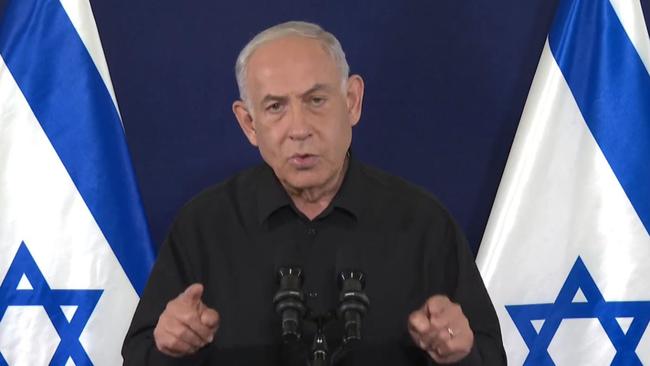
Israel’s prime minister rejected pressure for a pause in Israel’s strikes on Hamas after Secretary of State Antony Blinken urged more actions to protect civilians in Gaza.
“Israel refuses a temporary ceasefire that does not include the freeing of our hostages,” Prime Minister Benjamin Netanyahu told reporters after meeting with Blinken on Friday (Saturday AEDT).
“Israel does not allow the entry of fuel into the Gaza Strip and is opposed to transferring money to the strip.”
The US is stepping up pressure on Israel, saying it has a moral imperative to pause the fighting while humanitarian relief – and particularly fuel – is delivered to Gaza, US officials say. France, Spain and other European countries have issues similar appeals.
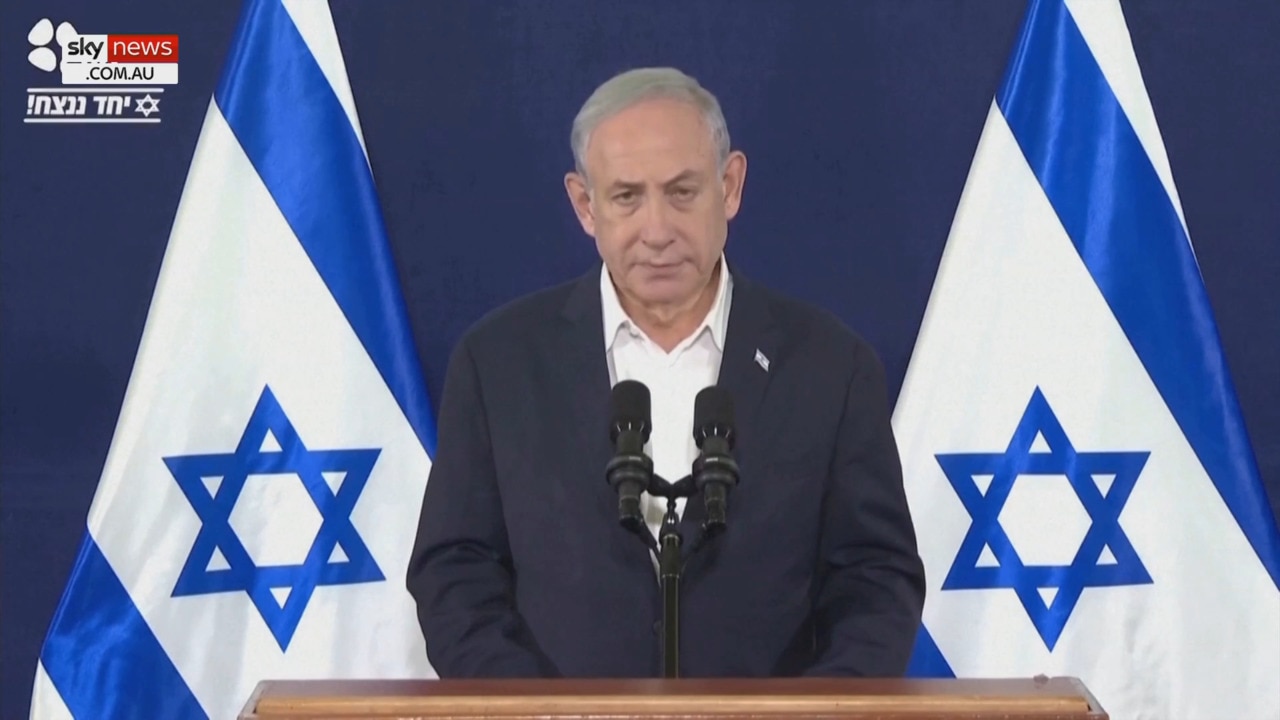
Since the attacks by Hamas against Israel on October 7, the Israeli military has carried out a bombing campaign in Gaza that targets the militants and their infrastructure but that has also killed thousands of civilians, many of them children, and forced two-thirds of the enclave’s more than two million people to flee their homes.
Only a trickle of food, water and medicine has been allowed through. Israel has blocked supplies of fuel that are needed for electricity, saying that Hamas hoards fuel for military purposes.
Israel’s defiance over a proposed humanitarian pause has been a source of contention between Washington and the Israeli government. Some US officials believe there will eventually be a breakthrough, but they said that time is crucial.
“A number of legitimate questions were raised in our discussions today, including how to use any period of pause to maximise the flow of humanitarian assistance, how to connect a pause to the release of hostages, how to ensure that Hamas doesn’t use these pauses or arrangements to its own advantage,” Blinken told reporters in Tel Aviv.
“These are all questions we need to tackle.” The US began flying unarmed surveillance drones over Gaza after the Oct. 7 Hamas attack on Israel to assist in hostage recovery efforts, a US official said.
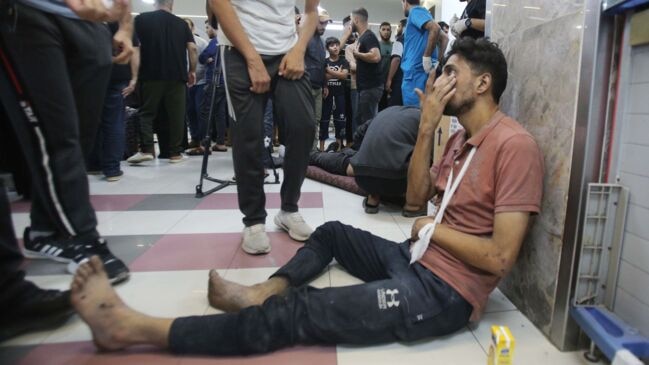
Blinken met with members of Israel’s government, including Netanyahu and President Isaac Herzog, and sat in on an extended meeting with Israel’s war cabinet to discuss strategy and efforts to mitigate a broader conflict.
Reaching an agreement within the Israeli political establishment to allow a short-term ceasefire, however, won’t be easy, said Samuel Ramani, a political analyst at the Royal United Services Institute, a UK-based think tank.
“Western governments need to be aware that they can push Netanyahu quite hard but that he faces internal opposition to a humanitarian pause,” he said.
Western pressure on Israel to ease the humanitarian crisis in Gaza appears to be having some effect. For instance, Israel has allowed more trucks carrying humanitarian aid through Gaza’s southern border with Egypt.
But military activity remains intense in Gaza City and elsewhere in the northern part of the enclave, which Israeli forces have encircled, calling it the “centre of gravity” of Hamas. The northern part of the enclave is also where living conditions are deteriorating most rapidly.
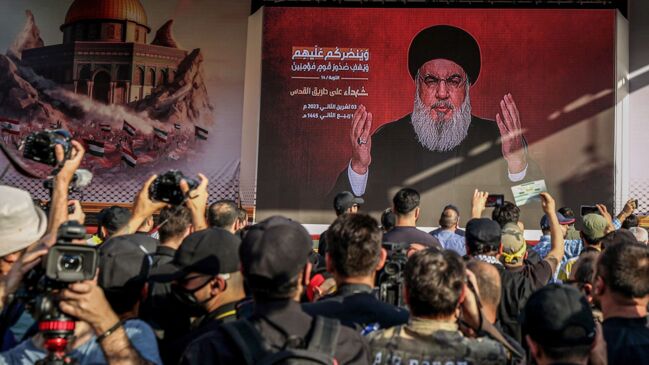
Hassan Nasrallah, the head of the Iran-backed Lebanese militant group Hezbollah, meanwhile, warned that a regional war with Israel was a realistic possibility, as fears grew that the conflict could spill into a second battlefront with the Lebanese militant group.
Israel’s Foreign Ministry warned citizens Friday to exercise caution when travelling abroad, citing increased violence against Israelis and Jews around the world.
The ministry advised Israelis to postpone travel to countries it has warned about visiting, especially in the Middle East and countries bordering Iran. Even in countries without travel warnings, it advised against displaying Jewish and Israeli symbols, staying away from protests and not discussing service in Israel’s military.
The Palestinian Red Crescent on Friday afternoon said one of its ambulances was targeted near the entrance of Al-Shifa Hospital, Gaza City’s biggest hospital. Hamas-controlled health authorities said the cause was an Israeli air strike and that it hit a convoy that was assembled outside the hospital to carry injured people south and then abroad for treatment.
“Medical teams and paramedics lost their lives,” Mohamed Abu Salmiya, the director of the hospital, said in televised remarks to Al Jazeera. “Regrettably, some of the wounded lost their lives.” Footage showed injured and what appeared to be dead bodies lying in puddles of blood in a crowded area surrounded by cars.
The IDF said an aircraft struck an ambulance that was identified by forces as being used by a Hamas terrorist cell in proximity to their position in the battle zone.
“A number of Hamas terrorist operatives were killed in the strike. We intend to release additional information,” the IDF said.
The Israeli military has urged civilians to leave north Gaza, including hospitals, a request healthcare officials say is impossible to meet. Israeli forces have repeatedly carried out strikes in the vicinity of hospitals in Gaza City. Israel says Hamas hides weapons and command-and-control centres on hospital grounds.
Hospitals are also running out of fuel for generators, putting lifesaving equipment out of use, say local health authorities.
At Al Shifa Hospital there was only enough fuel to power the neonatal intensive-care unit, said Marwan Abusada, a senior surgeon there, said Friday “The fuel situation is very dangerous,” Abusada said. “If we don’t have any more fuel by the evening hours we are going to lose our neonatal units.”
– Menna Farouk and Chao Deng contributed to this article.
The Wall Street Journal


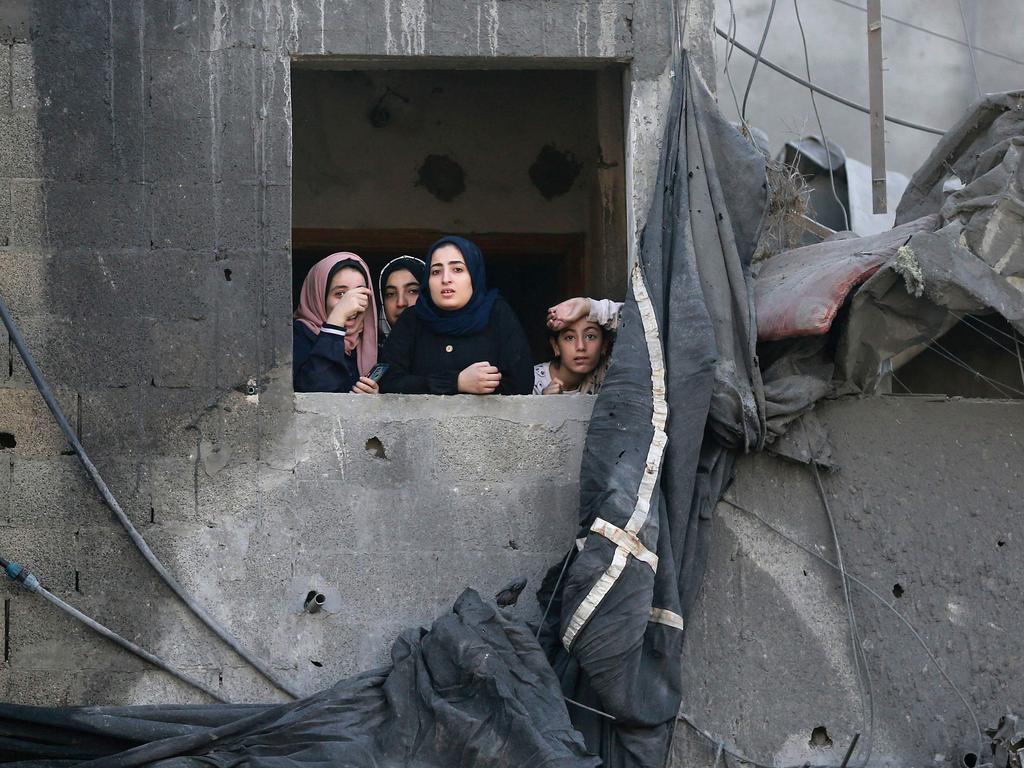
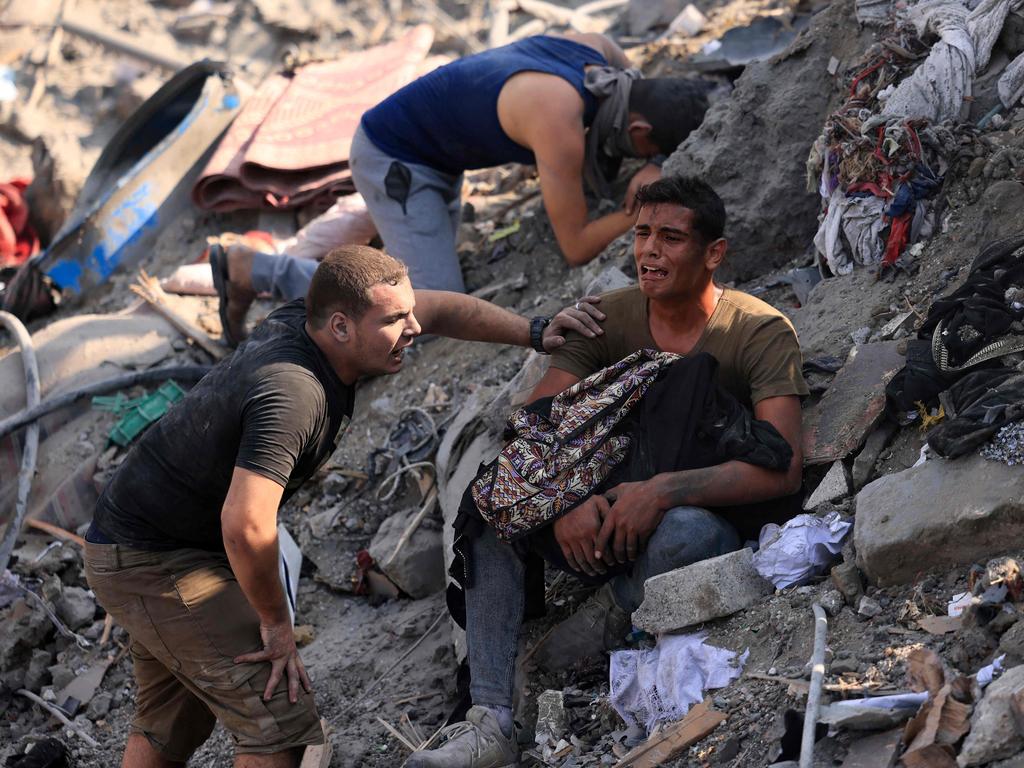


To join the conversation, please log in. Don't have an account? Register
Join the conversation, you are commenting as Logout